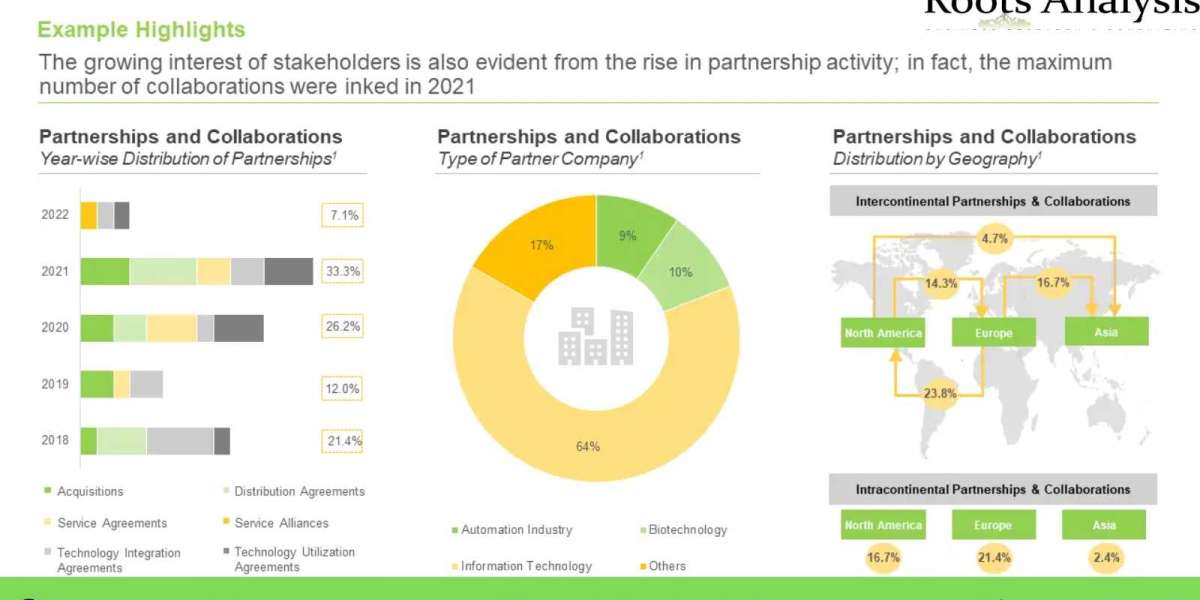Overview report of the Digital Camera Market
Digital cameras are electronic devices used to capture and store images and videos in digital form. It is also called a digital camera or digicam. The camera consists of several components such as a viewfinder, lens, body shell, LCD screen etc. the Digital Camera Market will grow in the forecast period. The camera is not used to click pictures or make videos; it also consists of many advanced features for the market. The camera can provide high-quality images and videos. One can store the images and videos in storage, and due to that, it is expected to open up various opportunities.
The factors due to which the digital camera sales statistics demand is rising are the camera's lightweight, and the good quality of the camera drives the market. It is used in several industries, but the entertainment and the media industry will hold most of the share. In the entertainment industry, influencers and moviemakers are using this as it gives high-quality images. The rising growth of social media platforms and the increasing number of influencers are major drivers for the Digital Camera Market. The camera was limited to professional photography, but recently it gathered a lot of exposure in sports and media. The market will grow 7.1% from 2016 to 2022 and hold a value of USD 5.1 billion in 2022. The technology in the world is increasing day by day, leading to the rise of new technologies. The innov
ation of technologies will make the digital camera better and more efficient. That will lead to more manufacture of the cameras with even more incentive technologies, which will gain humongous growth in the future. Some digital camera scans incorporate sound and video into certain digital pictures.
Get a FREE Sample PDF@ https://www.marketresearchfuture.com/sample_request/2316
Competitive Landscape
Eastman Kodak company (U.S.), koninklijke Philips N.V (Netherlands), Pentax corporation (Japan), Samsung group (South Korea), Panasonic corporation. (JAPAN), OLYMPUS Corporation (Japan), Fujifilm Holdings Corporation(Japan),SONY Corporation.- (Japan), Nikon Corporation(Japan), Canon Inc. (Japan) are some of the prominent players profiled in MRFR Analysis and are at the forefront of competition in the digital camera market.
Buy Now report with Industry Analysis@ https://www.marketresearchfuture.com/checkout?currency=one_user-USDreport_id=2316
Global Digital Camera Market - Segmentation
The digital camera market can be segmented in to 5 key dynamics for the convenience of the report and enhanced understanding;
Segmentation by product type: Comprises digital single lens reflex (DSLR), bridge camera, compact digital cameras, digital rangefinders, built-in lens, non-reflex.
Segmentation by sensor type: Comprises CCD sensor, CMOS sensor, Foveon X3 sensor, LiveMOS sensor
Segmentation by Components: Comprises lenses, sensors, LCD screen, memory card and among others.
Segmentation by application: Comprises commercial and residential
Segmentation by Regions: Comprises Geographical regions - North America, Europe, Asia Pacific and Rest of the World.
Enquire for Discount@ https://www.marketresearchfuture.com/check-discount/2316
Global Digital Camera Market - Regional Analysis
Makers of digital camera in countries such as India, china awaits to take hold of the money making growth and countries like United States and European market testify mature conditions. North America had been dominant market in recent years. In the global digital camera market Europe, and the United states are foreseen to steal the honor from the other markets of the world. Asia Pacific is expected to be the largest and fastest growing regional segment. This can primarily be attributed to rising purchasing power and relatively lower product penetration.








